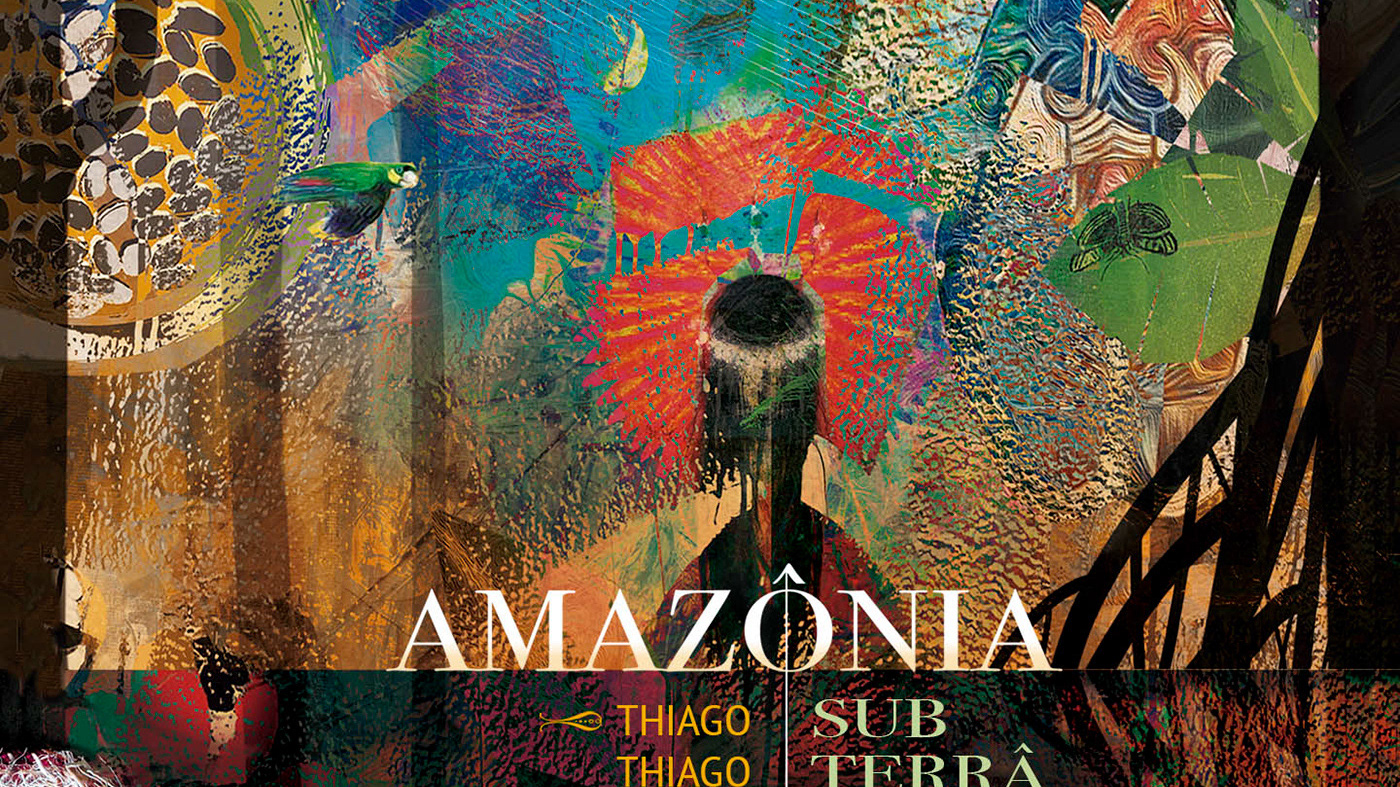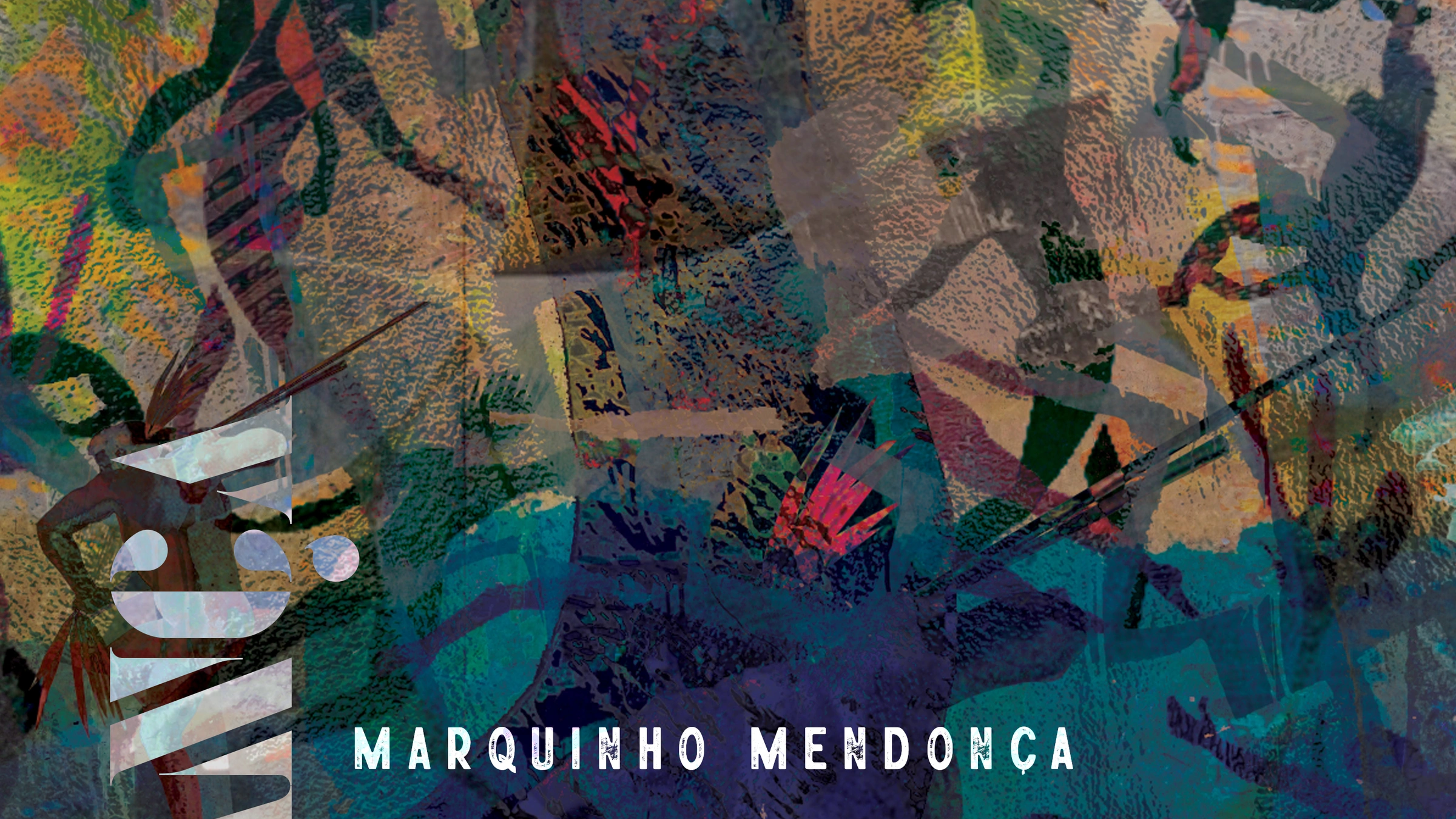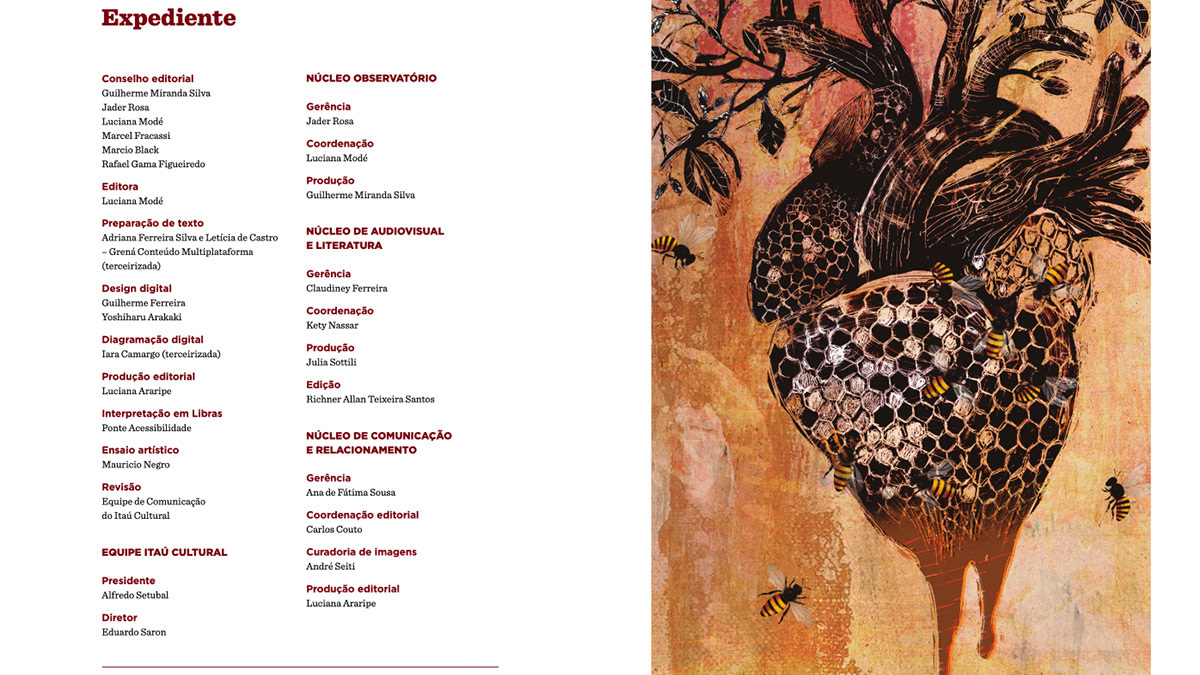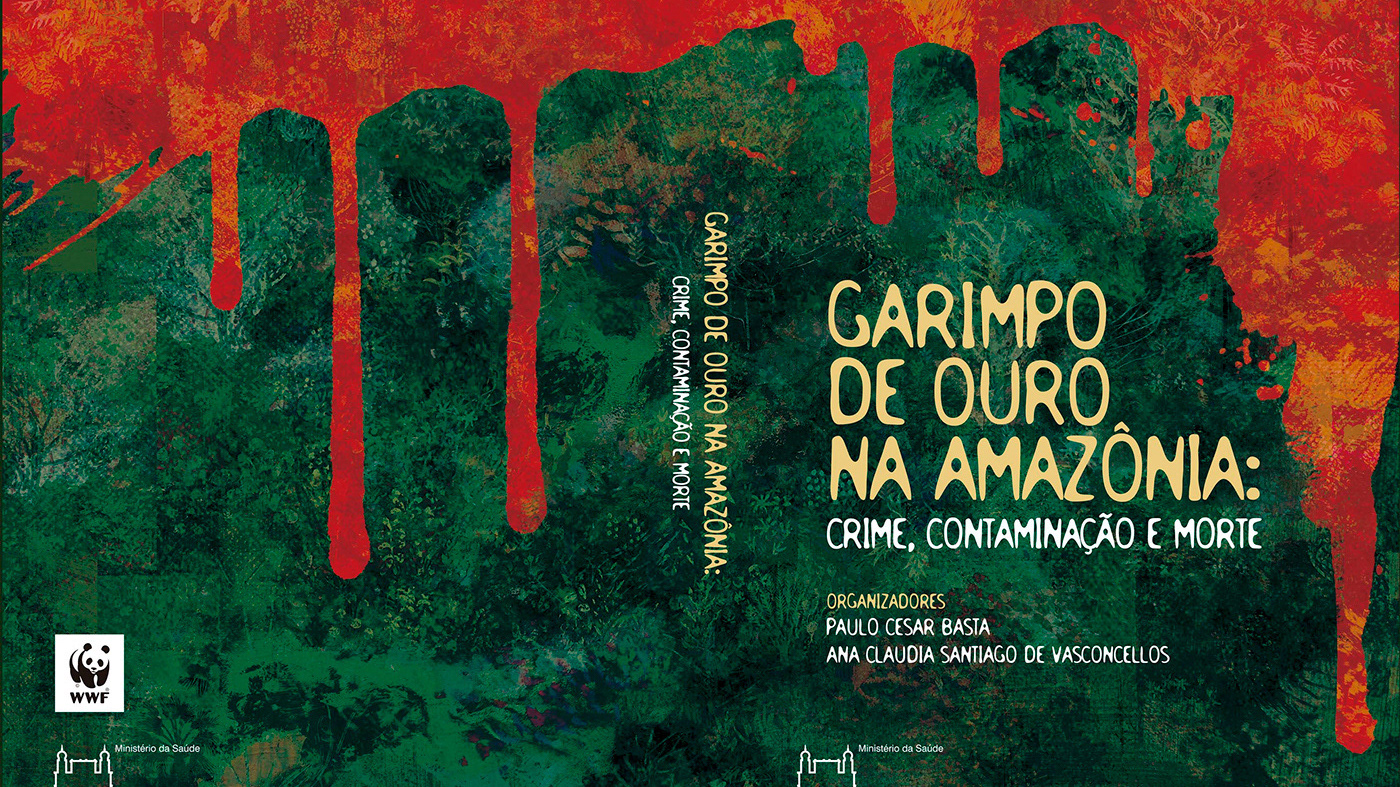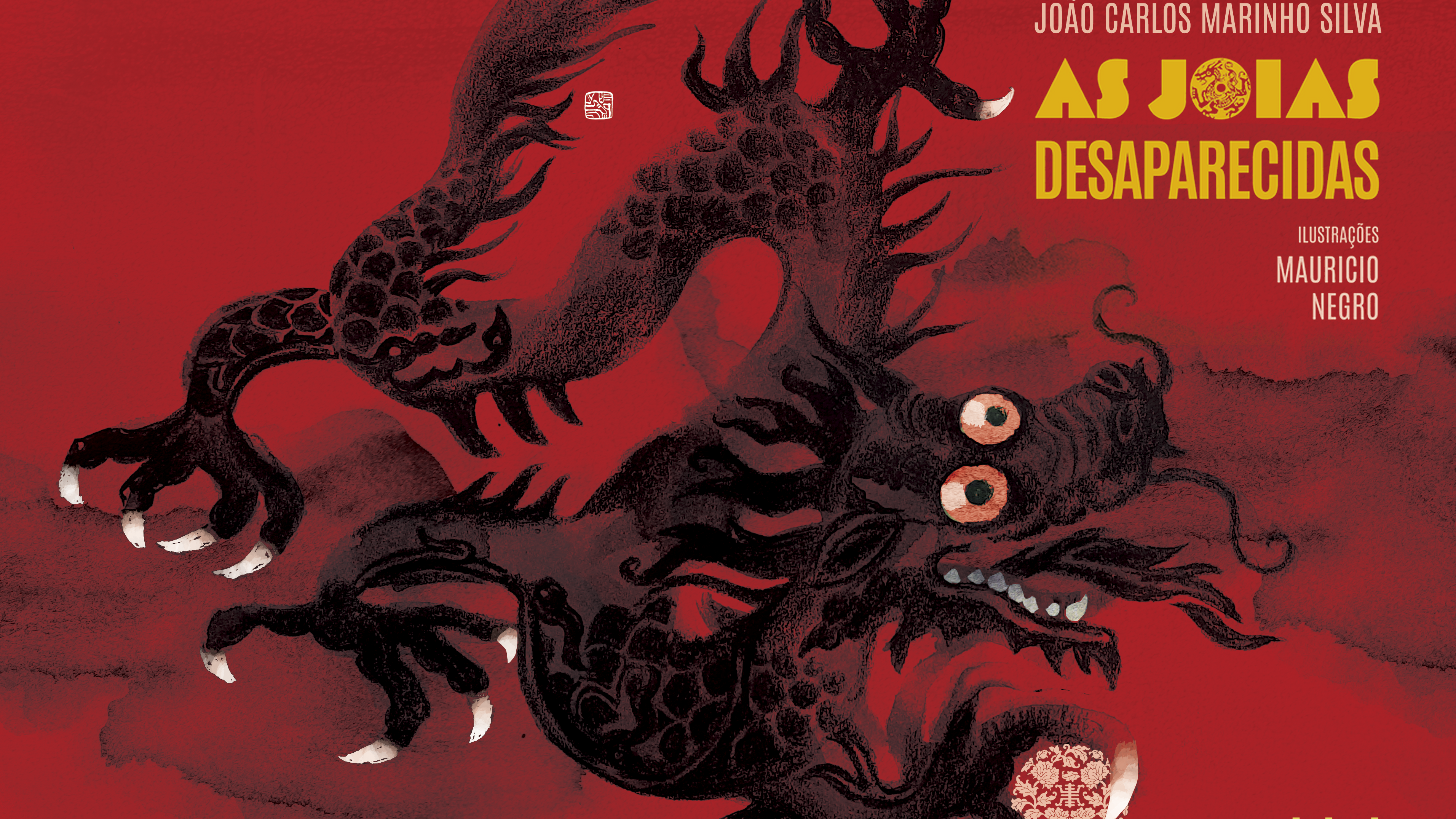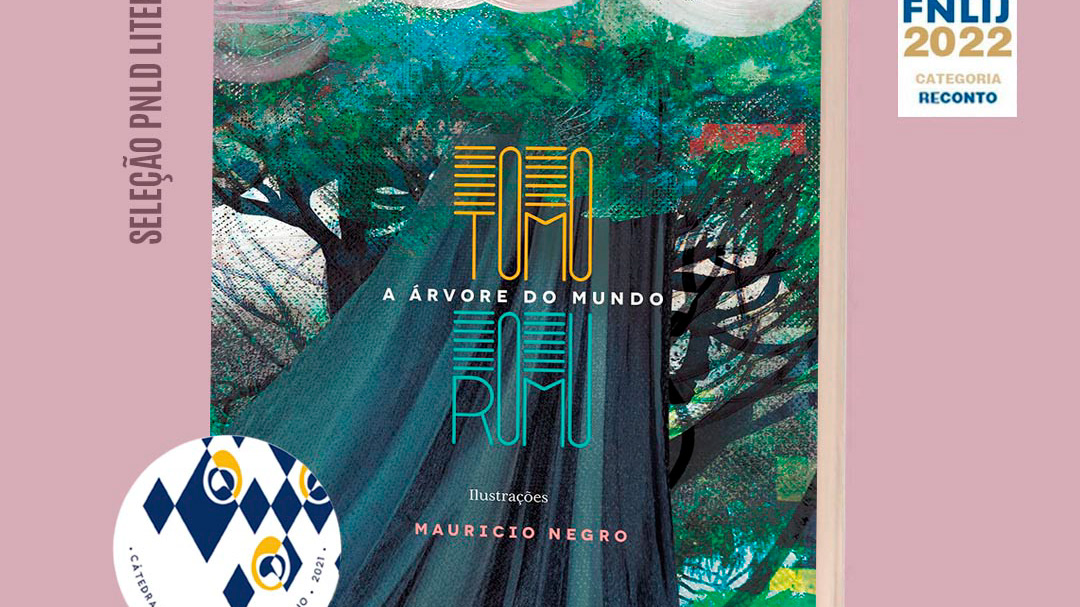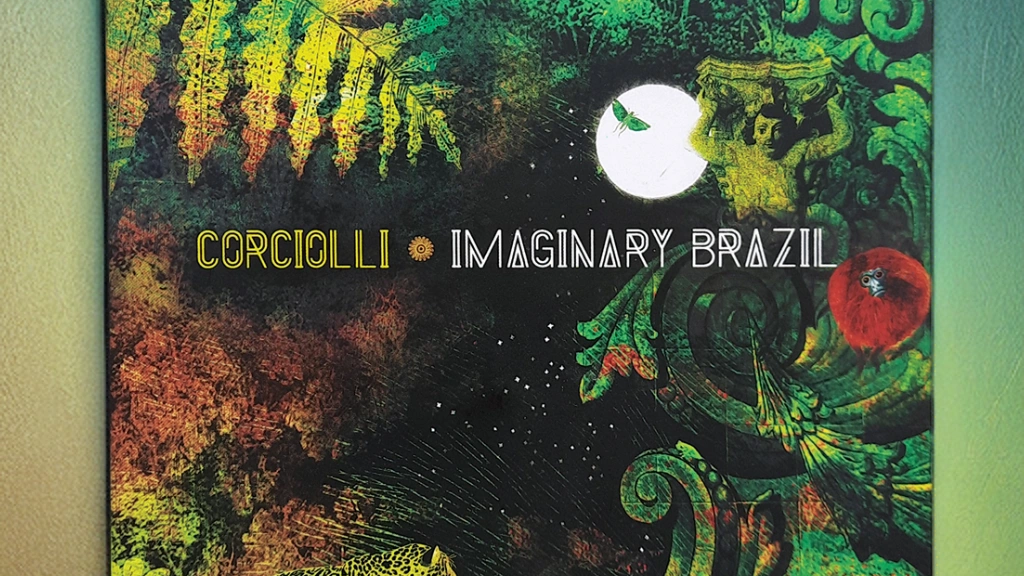2024_AEILIJ Award Finalist | Youth Literary Text
text_Rogério Andrade Barbosa
illustrations_Mauricio Negro
graphic design_Negro Design Studio
Saberes e letras, 2023
Mashala era uma menina que vivia com sua família em uma pequena aldeia no Congo, até ser raptada por um grupo de guerrilheiros. A violência e o medo a impelem à fuga e, depois de caminhar sozinha por dias, Mashala finalmente é encontrada por um grupo das Nações Unidas e levada a um acampamento dos Médicos Sem Fronteiras.
Depois de ser cuidada com carinho e humanidade, ela segue para um orfanato na capital, Kinshasa. Mas o que poderia ser um novo começo se transforma em mais uma provação para a menina, quando a coordenação do orfanato a acusa de bruxaria. Os castigos a obrigam a fugir novamente e ela encontra acolhimento entre outras crianças e adolescentes que, como ela, tentam sobreviver nas ruas da grande cidade.
Por fim, quando o destino de Mashala parece estar traçado, uma policial a encaminha para uma instituição séria e comprometida, onde tem a oportunidade de estudar e sonhar com um belo futuro.
Essa história, que se passa na República Democrática do Congo - o quarto país mais populoso do continente africano, um dos países mais pobres do mundo em renda per capita e, ao mesmo tempo, um dos mais ricos em termos de recursos naturais e biodiversidade - assemelha-se em diversos aspectos ao que acontece nas ruas das cidades brasileiras e de tantos outros países ao redor do mundo.
Mashala was a girl who lived with her family in a small village in Congo, until she was kidnapped by a group of guerrillas. Violence and fear drive her to flee and, after walking alone for days, Mashala is finally found by a group from the United Nations and taken to a Doctors Without Borders camp.
After being cared for with care and humanity, she goes to an orphanage in the capital, Kinshasa. But what could be a new beginning turns into yet another ordeal for the girl, when the orphanage coordinator accuses her of witchcraft. The punishments force her to run away again and she finds shelter among other children and teenagers who, like her, try to survive on the streets of the big city.
Finally, when Mashala's destiny seems to be sealed, a police officer sends her to a serious and committed institution, where she has the opportunity to study and dream of a beautiful future.
This story, which takes place in the Democratic Republic of Congo - the fourth most populous country on the African continent, one of the poorest countries in the world in terms of per capita income and, at the same time, one of the richest in terms of natural resources and biodiversity - It is similar in many ways to what happens on the streets of Brazilian cities and many other countries around the world.
book COVER + illustrations | @ Mauricio negro
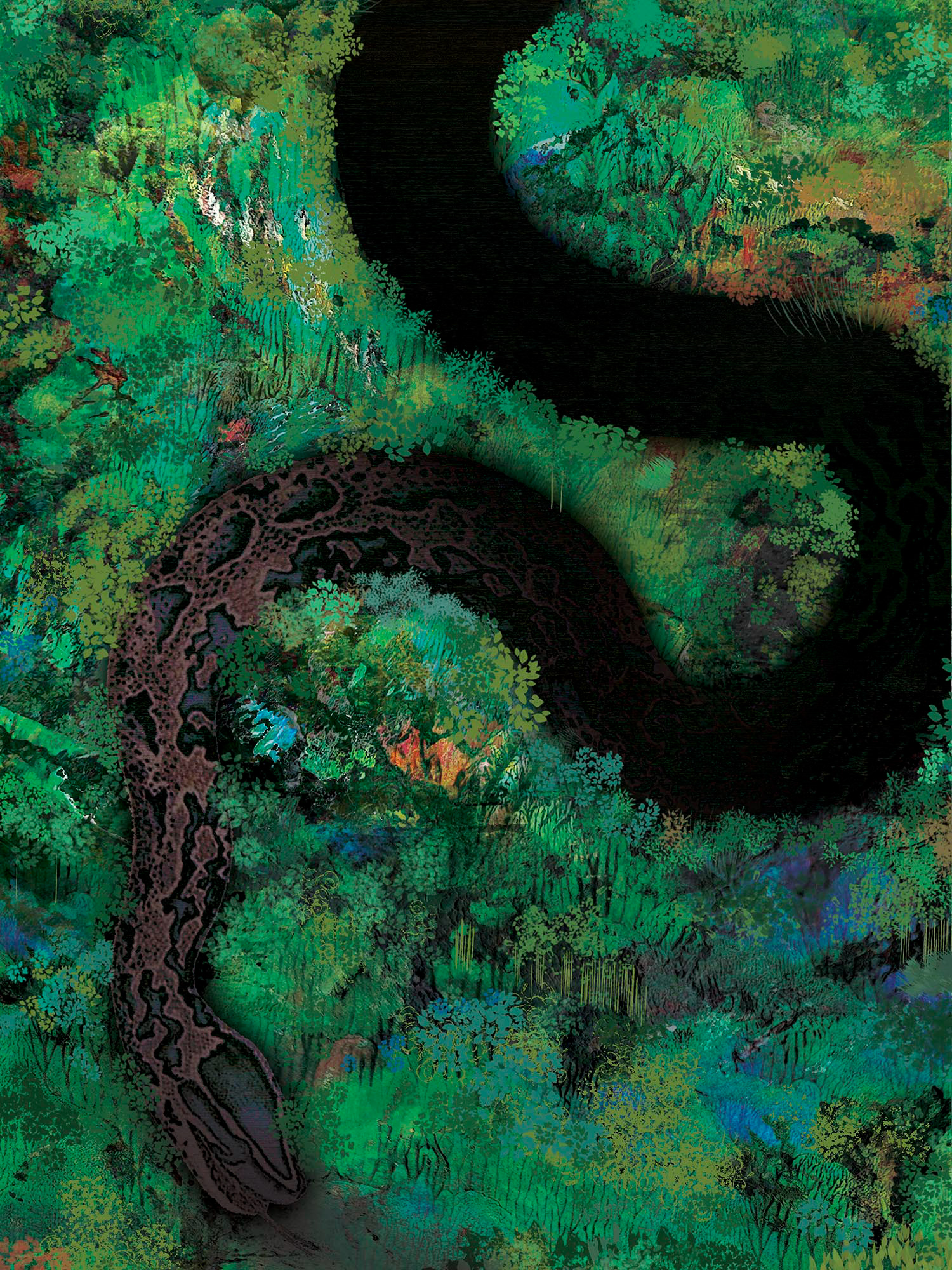


Congo river | Young militia recruits (Mai-Mai) | Kinshasa
Meu nome é Mashala retrata a violência, a intolerância, os dramas e as complexidades do continente africano, E também sua exuberância cultural e riquezas naturais, bem como a resiliência e a esperança que movem o ser humano em busca de liberdade e de uma vida melhor.
My name is Mashala portrays the violence, intolerance, dramas and complexities of the African continent, but also its cultural exuberance and natural riches, as well as the resilience and hope that move human beings in search of freedom and a better life.
Paulinas catalog | Frankfurt_2023

